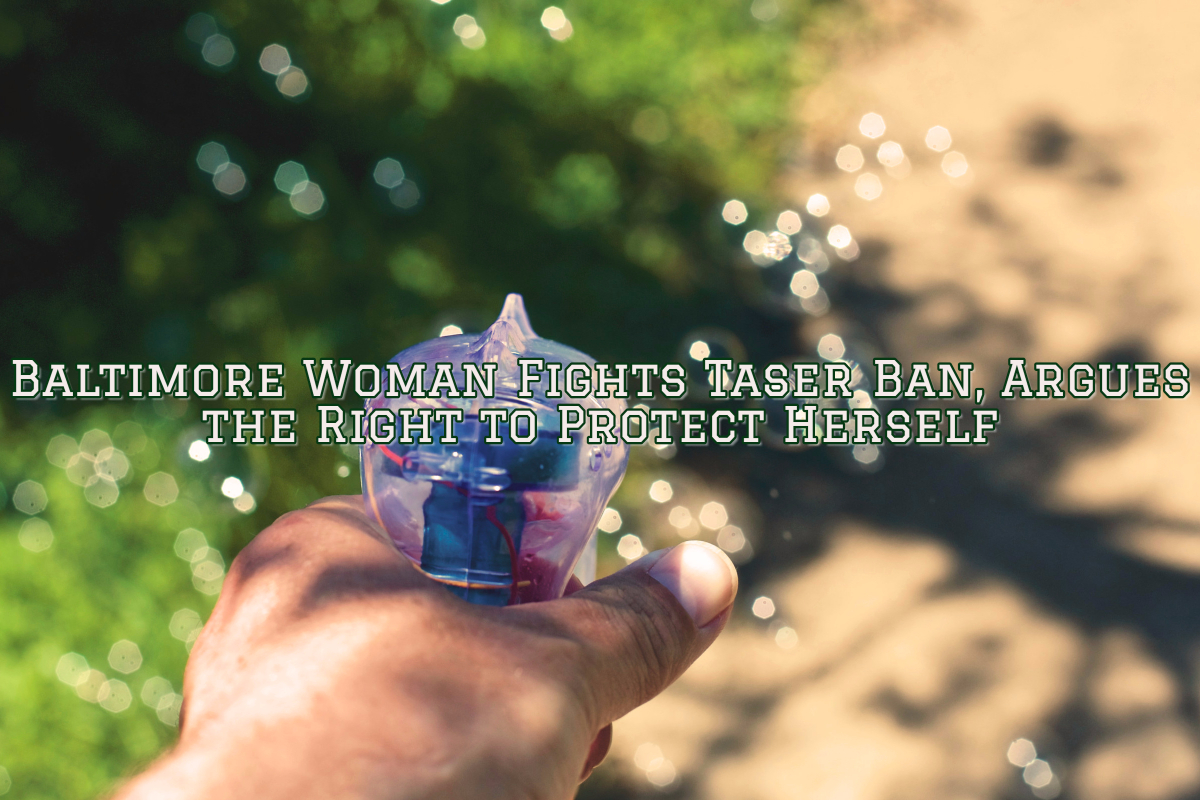According to the Baltimore Sun, while the state of Maryland has passed a state law allowing ownership of Tasers, Baltimore County has banned purchasing them. The County Council unanimously voted to prohibit the devices. The law adds these electronic devices to an existing ban on the “use, possession, sale or discharge of a stun gun.” Violators can receive a fine of up to $1,000 and six months in prison. The ban excludes those in law enforcement.
According to the Washington post, at least one woman is negatively impacted by the ban. In 2012, Leah Elizabeth Baran was attacked and left for dead by an ex-boyfriend. He had broken into her apartment, beating and raping her. When Baran fled, he choked her until she was unconscious. After he was found guilty, he threatened to kill Baran. She decided to look into personal protection. Although Baran’s ex-boyfriend, Joseph Dwayne Caudill, may not get out of prison until 2032, she has been preparing for that possibility ever since. The Washington Post reported that Baran purchased a gun and practiced shooting.
Baran is now suing two Maryland counties, Baltimore and Howard, to get permission to carry an electronic stun gun. This is a constitutional challenge she says she believes will save lives. A recent Supreme Court ruling questions the constitutionality of bans on stun gun, but there was no conclusive ruling.
In Baran’s lawsuit, filed in U.S. District Court in Maryland, she argued that her only recourse if attacked would be to take her attackers life first. She worried that she could be arrested for using force to protect herself. Baran said that she would then be “at the mercy of police, prosecutors and jurors who will have weeks or months to second guess a decision to use deadly force made in seconds,” the lawsuit said.
An injured attacker has legal recourse to sue for damages. Baran worried that her ex-boyfriend would live up to his promise to take her life. She’d be forced to defend herself all over again.
A stun gun uses paralyzing force via an electric shock that incapacitates a person and causes intense pain. It is not a lethal option, which many people find more appealing than a deadly gun. The suit states that the right to carry a Taser is part of the Second Amendment right to bear arms.
This case is a fascinating contradiction in that it pits the right to harm to avoid being harmed. There are no easy answers, but victims like Baran are likely to have something to say about their need to feel safe.


